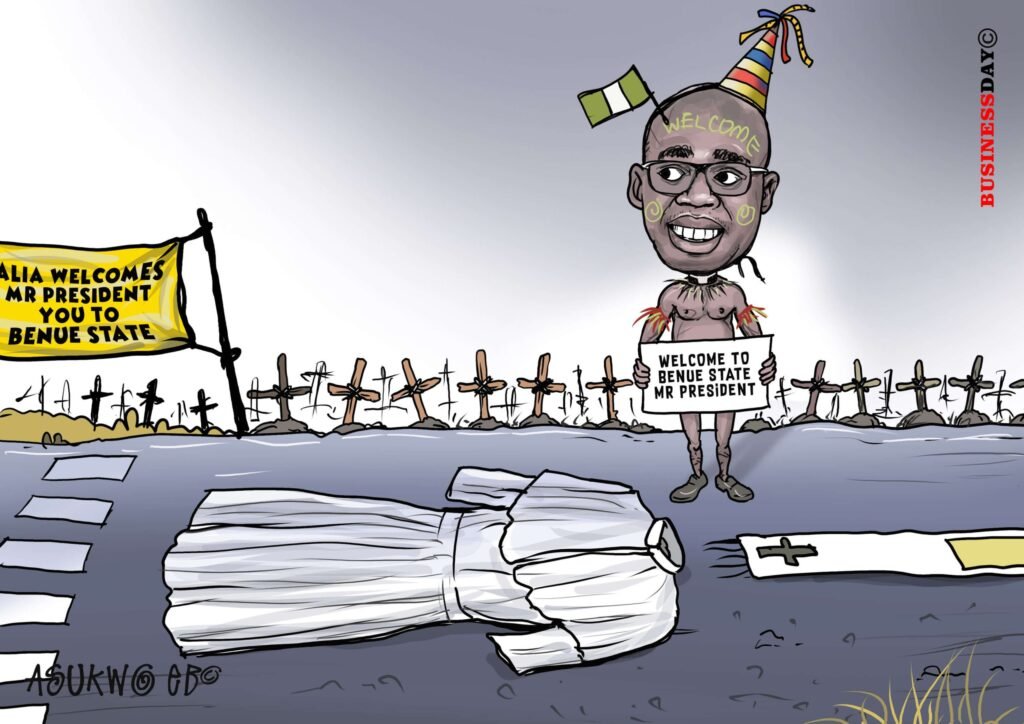The Israel-Iran Air war entered its second week
Israel and Iran’s air war entered a second week on Friday, with European officials seeking to draw Tehran back to the negotiating table after President Donald Trump said any decision on potential US involvement would be made within two weeks.
The conflict began last Friday when Israel started attacking Iran, saying it aimed to prevent its longtime enemy from developing nuclear weapons. Iran retaliated with missile and drone strikes on Israel. Iran maintains that its nuclear programme is peaceful.
Israeli air attacks have killed 639 people in Iran, according to the Human Rights Activists News Agency. Those killed include the military’s top leadership and nuclear scientists. Israel has said at least two dozen Israeli civilians have died in Iranian missile attacks.
Japan’s inflation hit a two-year high
Japan’s core inflation hit a more than two-year high in May and exceeded the central bank’s 2% target for well over three years, keeping it under pressure to resume interest rate hikes despite economic headwinds from US tariffs.
The data underscores the challenge the Bank of Japan faces in juggling pressure from sticky food inflation and risks to the fragile economy from uncertainty over President Donald Trump’s trade policy.
Japan’s core consumer price index (CPI), which excludes volatile fresh food costs, rose 3.7% in May from a year earlier, data showed on Friday. This exceeded market forecasts for a 3.6% gain and accelerated from a 3.5% increase in April. It was the fastest annual pace since the 4.2% hit in January 2023.
The increase was driven by stubbornly high prices of food, excluding volatile fresh items like vegetables, with Japan’s staple rice seeing prices double in May from year-before levels. Rice balls cost nearly 20% more than year-before levels, whilst a bar of chocolate saw prices rise 27%, the data showed.
Read Also: PenCom to blacklist companies refusing to remit pensions from November
Kenya’s parliament passed its proposed 2025 finance law
Kenya’s parliament on Thursday voted to approve this year’s proposed finance law, denying the revenue authority’s request to get unrestricted access to taxpayers’ data on account of privacy concerns and constitutional safeguards.
The government is under pressure to avoid a repeat of last year’s unrest after protests against proposed tax hikes led to over 60 deaths and forced President William Ruto to abandon plans to raise 346 billion shillings in taxes.
Lawmakers voted by acclamation to approve this year’s law, clearing the way for President Ruto to sign and approve it. Kenya’s parliamentary finance committee rejected on Monday a proposal that would have granted the Kenya Revenue Authority (KRA) access to the data.
The provision included in this year’s finance bill had drawn a public backlash over alleged privacy violations. The committee said existing laws allowed KRA to access financial data with a court warrant, rendering the proposal unnecessary.
Telecom operators have recovered 95% of the USSD debt owed by banks
The long-running money dispute between telcos and banks appears to be ending, with telecommunications operators saying they have recovered 95% of the N180 billion owed to them.
Gbenga Adebayo, chairman of the Association of Licensed Telecommunications Operators of Nigeria, announced the progress on Thursday. He said only three banks still owe money, and all of them have now agreed to payment plans to settle their debts.
This marks an important step towards ending a five-year disagreement that had threatened mobile banking services. These services are essential for millions of Nigerians, especially those in rural areas who have limited internet access.
“The debt, which stood at about N180bn as of January this year, has now been cleared up to 95 per cent, with only three banks left to pay,” said Adebayo during a virtual media briefing. He did not reveal which banks still owe money.
Trump will decide whether the US should strike Iran in two weeks
US President Donald Trump has announced he will decide within the next fortnight whether to order military strikes against Iran, as tensions in the Middle East continue to escalate.
The announcement came through White House spokeswoman Karoline Leavitt, who delivered a message directly from the President. Trump stated that “based on the fact that there’s a substantial chance of negotiations that may or may not take place with Iran in the near future, I will make my decision whether or not to go within the next two weeks.”
The decision comes as Israel has intensified its attacks on Iranian nuclear sites. Israeli Prime Minister Benjamin Netanyahu has warned that these strikes could potentially bring down Iran’s current leadership in Tehran.

